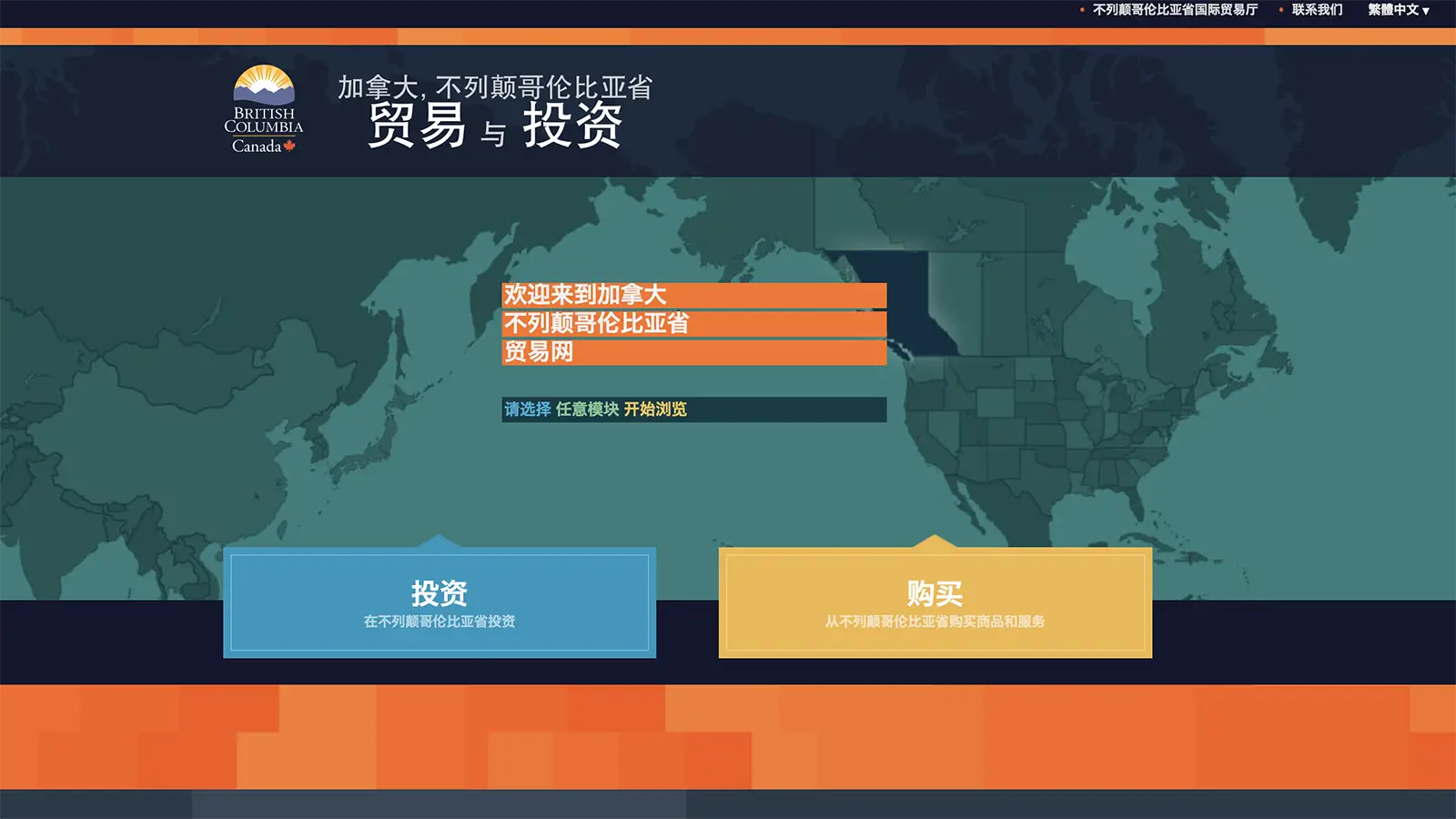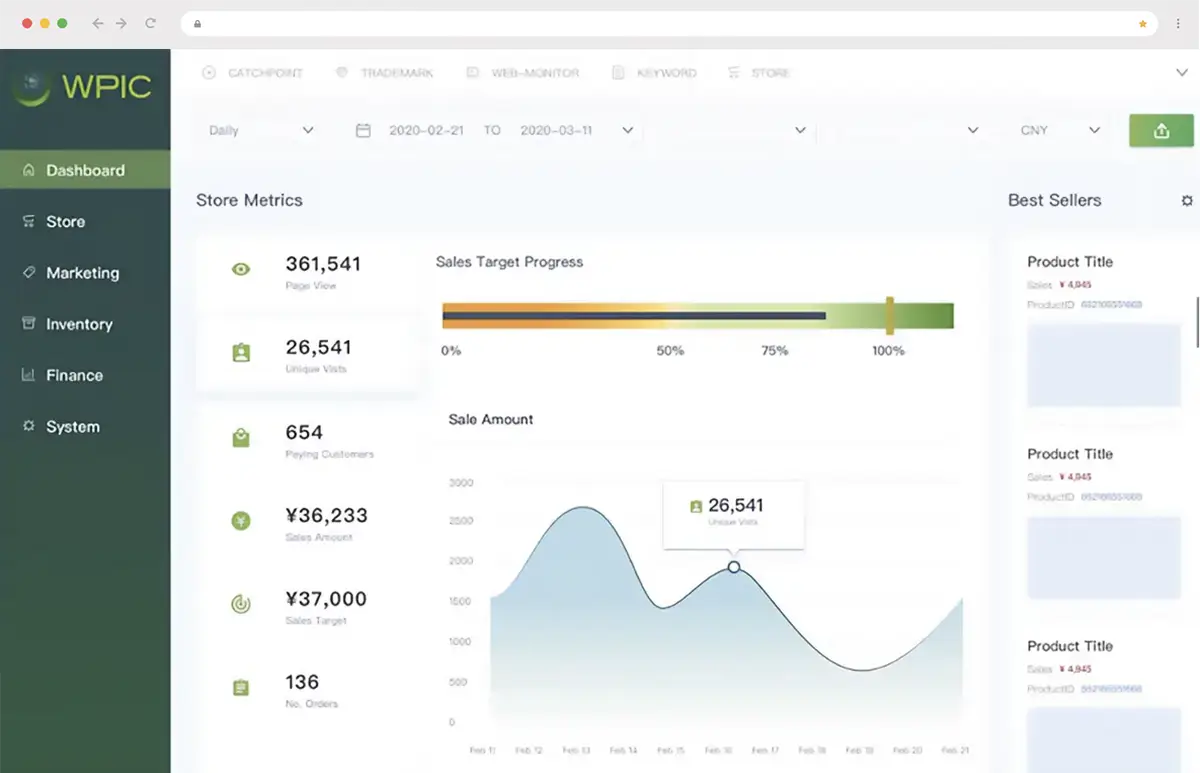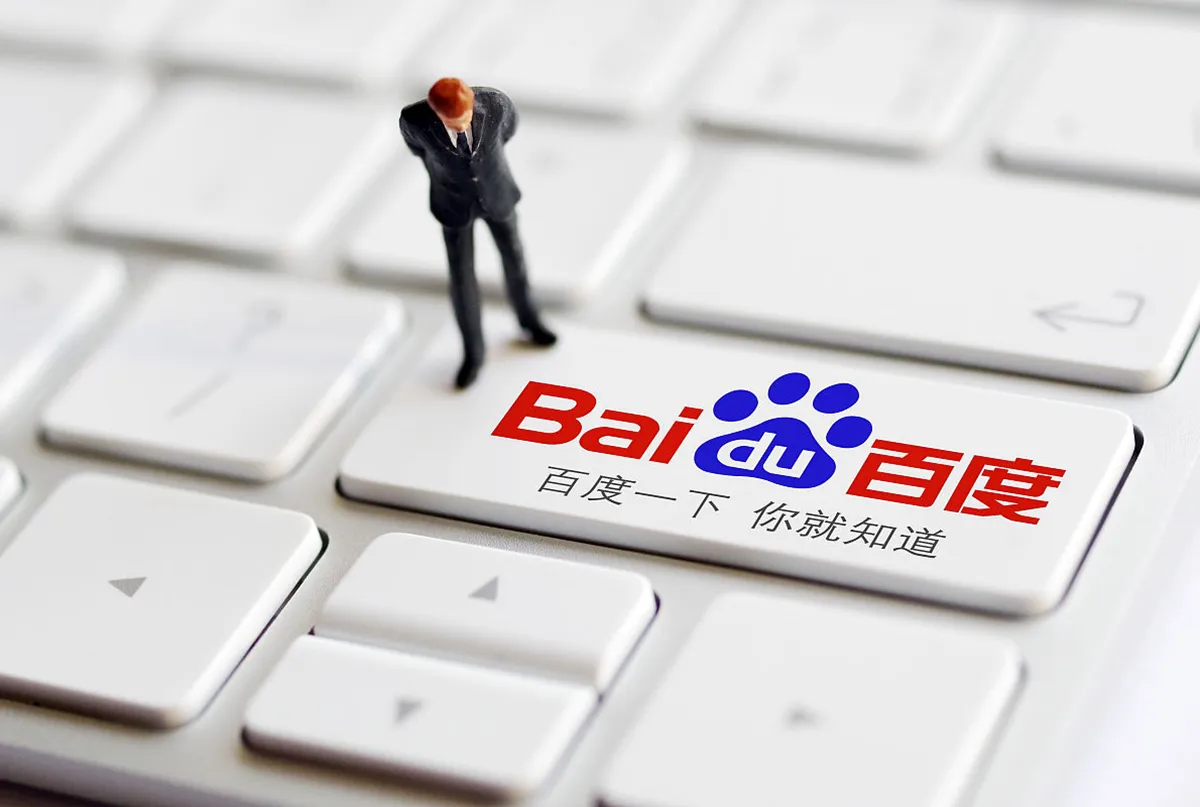- SOLUTIONS
What we do at WPIC
Data & AnalyticsMake key business decisions, backed by accurate and valuable data insights.
Digital CommerceGet your brand up and running on Asia's top digital commerce platforms.
Digital MarketingReach new audiences, build desire, and drive action across top digital platforms in China, Japan, and Southeast Asia.
TechnologyWe design, develop, and deploy large-scale, custom-built tech solutions inside China.
OperationsMinimize operational challenges and cut through the red tape. Ensure your operations in the APAC region are seamless and effective.
- OUR WORK
- ABOUT US
- NEWS
- RESOURCES
- Contact













